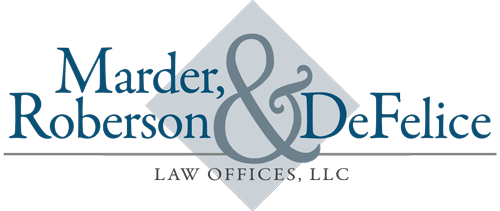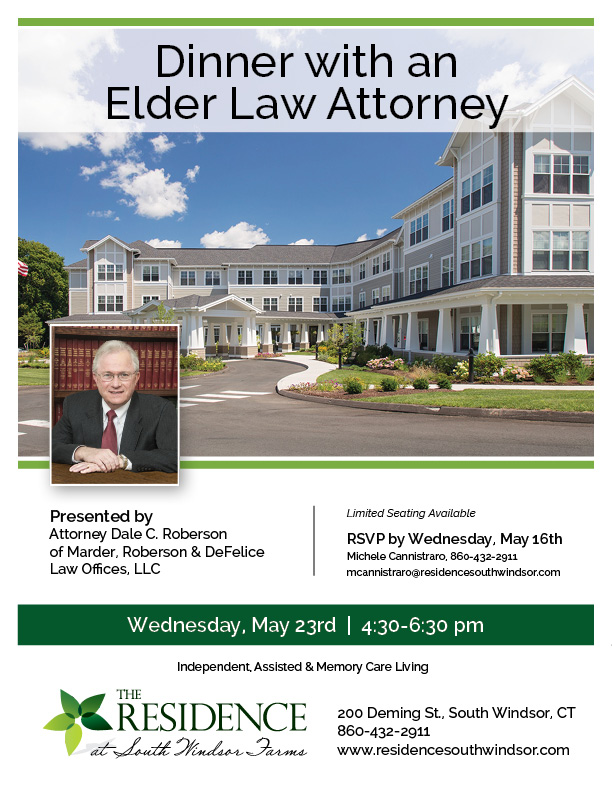Was the Audio Recording Obtained Illegally? Is it Admissible?
Litigants, including parties to a divorce, often ask if they can record a party or witness, in a dispute. The recording will not be admissible in a Connecticut court, if it is obtained illegally. Connecticut General Statute §52-184a provides: “No evidence obtained illegally by the use of any electronic device is admissible in any court of this state.” Unauthorized access to a “computer system” is also a crime in Connecticut, and therefore could be precluded. See CGS 53a-251. The prohibition on use of illegally obtained recordings in court (i.e. trials or hearings), has been extended to their use at depositions.
In Simonson vs. Simonson, FA15-6025703, the Court precluded the use of an audio recording. The husband recorded his wife’s telephone conversation by placing a recording device behind the driver’s side seat of a truck, that the husband owned. When the Wife spoke to a non-party on the telephone, her voice (but not the voice of the non-party) was secretly recorded. The husband’s attorney attempted to play the recording during a deposition, but he was precluded from doing so, and the recording was further precluded from being used at trial.
A different result may have been obtained, if the recording was not a telephone conversation, and if at least one party to the conversation consented to the recording. Connecticut judges frequently admit into evidence, recordings made by a spouse of the other spouse, when the recording spouse was present and a party, to the recorded conversation.
“Eavesdropping” in Connecticut is a Class D felony, punishable by a prison term of one to five years, and a fine of up to $5,000. However civil / family court judges may exclude illegally obtained evidence, even if a person is not arrested or convicted of a crime.
A person commits the crime of eavesdropping “when he unlawfully engages in wiretapping or mechanical overhearing of a conversation”.
General Statutes §52-187(a) provides:
“Wiretapping” means the intentional overhearing or recording of a telephonic or telegraphic communication or a communication made by cellular radio telephone by a person other than a sender or receiver thereof, without the consent of either the sender or receiver, by means of any instrument, device or equipment. The normal operation of a telephone or telegraph corporation and the normal use of the services and facilities furnished by such corporation pursuant to its tariffs shall not be deemed “wiretapping”. (2) “Mechanical overhearing of a conversation” means the intentional overhearing or recording of a conversation or discussion, without the consent of at least one party thereto, by a person not present thereat, by means of any instrument, device or equipment. (3) “Unlawfully” means not specifically authorized by law. For purposes of this section, “cellular radio telephone” means a wireless telephone authorized by the Federal Communications Commission to operate in the frequency bandwidth reserved for cellular radio telephones.
General Statutes §52-570(d)(a) provides:
No person shall use any instrument, device or equipment to record an oral private telephonic communication unless the use of such instrument, device or equipment (1) is preceded by consent of all parties to the communication and such prior consent either is obtained in writing or is part of, and obtained at the start of, the recording, or (2) is preceded by verbal notification which is recorded at the beginning and is part of the communication by the recording party, or (3) is accompanied by an automatic tone warning device which automatically produces a distinct signal that is repeated at intervals of approximately fifteen seconds during the communication while such instrument, device or equipment is in use.
Committing a “computer crime” can also result in preclusion of evidence. See C.G.S. §53a-251(b) (“unauthorized access to a computer system”):
(1) A person is guilty of the computer crime of unauthorized access to a computer system when, knowing that he is not authorized to do so, he accesses or causes to be accessed any computer system without authorization.
(2) It shall be an affirmative defense to a prosecution for unauthorized access to a computer system that: (A) The person reasonably believed that the owner of the computer system, or a person empowered to license access thereto, had authorized him to access; (B) the person reasonably believed that the owner of the computer system, or a person empowered to license access thereto, would have authorized him to access without payment of any consideration; or (C) the person reasonably could not have known that his access was unauthorized.
The Memorandum of Decision in the Simonson case is available here:
https://docs.google.com/a/joeldefelice.com/viewer?a=v&pid=sites&srcid=am9lbGRlZmVsaWNlLmNvbXx3d3d8Z3g6M2FmMDZhNTU1MDZjNTA1OQ


